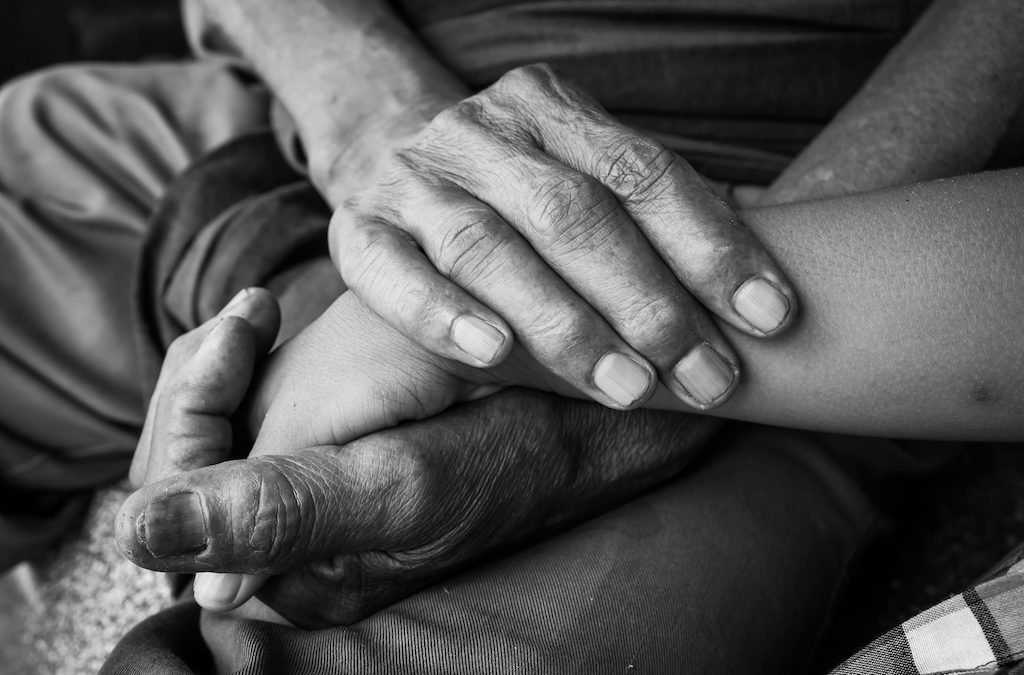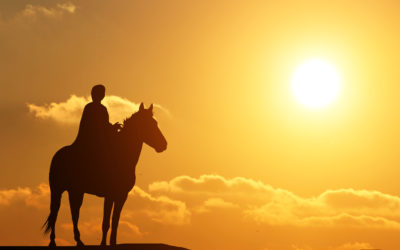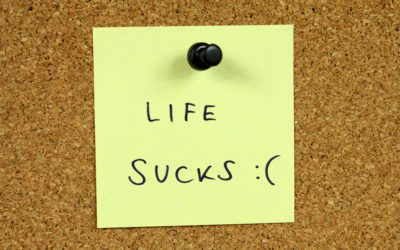Later that year, my son and I went to a baseball game in San Francisco between the hometown Giants and the Boston Red Sox. During the game, all forty one thousand of us joined in a long-time Boston tradition – a sing along to Neil Diamond’s “Sweet Caroline”. I wept more than I can remember crying since I was a kid, moved as much by the sense of the global community that we are all a part of as by the loss of life that had helped remind us of it.
I’m originally from Shrewsbury, Massachusetts – a small town about 45 minutes from where the events of that week happened. I didn’t know any of the people involved, but they could have all been friends of mine at another stage of my life. My brother and sister both went to school in Boston; I’ve had nieces and nephews at school there for the past three years. So maybe my emotional connection to the events of that week are understandable. But I think it goes beyond that, to something deeper than a sense of place.
I remember the same thing living in London when Princess Diana died, seemingly significantly on the night my first daughter was born. We watched the funeral services on television at home, and then decided to take Clara out for some fresh air in her new pram. To our surprise, the streets were flooded with people. It was as though all of us had felt the same need at the same time – to affirm life in the face of death. We talked with strangers as friends, and felt so much love we were fit to burst. Maybe it was just because we had a new baby. But I think it goes beyond that, to something deeper than a sense of personalized affection.
It happened here in Los Angeles after 9/11, most strikingly in my mind at the way people drove more patiently and courteously on the freeways for months as though they’d suddenly just realized that everyone needs to get somewhere. I felt it when friends in New Orleans banded together to rebuild what had been lost in the floods and support those who had lost it, and saw it when my own community banded together to help out after the earthquakes in Nepal. I imagine it must be happening in every war zone around the world today. Somehow, in the midst of devastation and tragedy, even while some around us give way to their lowest impulses, we awaken to our shared humanity and the very best we have inside us.
But do we really need to face death in order to embrace life? Is tragedy a necessary prerequisite to indiscriminate compassion?
I likely don’t know you, but I know some things about you. Like me, you want to love and be loved. You have good days and bad days. At your best, you are loving, kind, compassionate, and forgiving. And there have probably been times in the past, hopefully few and far between, where you’ve been so caught up in the stress and pressure and craziness of your own mind that you’ve done things you regret or even promised yourself you would never do.
We’re good people, you and I. We want the best for our kids, and we’d like at least some of that best for ourselves. In fact, if we just had more time and space for ourselves we’d probably care more for others, but there are jobs to be done and bills to be paid. And so the game of life goes on.
But…
What if it didn’t have to be like that? What if we had access to more space in our mind even when there wasn’t much space in our lives? What if even when our heads were spinning, our hearts were calm and full?
This is, for me, the possibility of being human – that regardless of how wonderful or terrible our circumstances might seem, we can return again and again to the deepest, quietest space within ourselves and live from there more and more of the time.
My friend Bill Cumming points people to this space with the Sanskrit word “namaste”, meaning:
“I honor the place in you in which the entire universe resides. I honor the place in you of love, of light, of truth, and of peace. And when you are in that place in you and I am in that place in me, there is only one of us.”
I talk about it as “the space within” – our shared birthright of universal consciousness. The reason we don’t live with an awareness of it at all times is simply that our attention gets hooked by the dream of our personal thinking. But as easy it is to forget, it’s even easier to remember.
There is a Sufi teaching story I have always loved that points to this. When I first read it, I interpreted it as being about the variability of the outside world. But as spiritual wisdom is inevitably taught in metaphor, I suspect it’s actually about waking up to the temporary nature of our own thoughts and feelings and resting in the stability of our deeper nature…
Soon they returned to him with a red-jeweled ring. Inscribed beneath the stone, the wise counselors told him, was a magical incantation. If the king became drunk with the giddiness of success, it would sober him up and enable him to remain wise; if he was lost in the hopelessness of despair, it would bring him faith and courage.
Before the king had a chance to look beneath the stone and read the incantation, he found himself transported as if by magic to a room filled with the sound of the most beautiful voices he had ever heard. The king was quickly hypnotized by the voices’ siren call and began to follow wherever they led.
Just as the enchanting voices were about to lead him over the edge of a cliff, the jewel on his ring began to glow; and in its light, he read for the first time the magical incantation:
This too will pass.
Instantly, the king regained his senses, saw the voices for what they were, and turned his back on them. But no sooner had he done so than he found himself once again magically transported. This time he was trapped on a battlefield, his men lying dead or wounded, his kingdom all but lost. A lone rider was charging toward him, sword drawn. Just as the king was about to resign himself to his fate, the jewel on his ring once more began to glow, and he again read the incantation:
This too will pass.
“When you first rise in the morning tell yourself: I will encounter busybodies, ingrates, egomaniacs, liars, the jealous and cranks. They are all stricken with these afflictions because they don’t know the difference between good and evil. Because I have understood the beauty of good and the ugliness of evil, I know that these wrong-doers are still akin to me… and that none can do me harm, or implicate me in ugliness – nor can I be angry at my relatives or hate them. For we are made for cooperation.”
With all my love,
![]()










